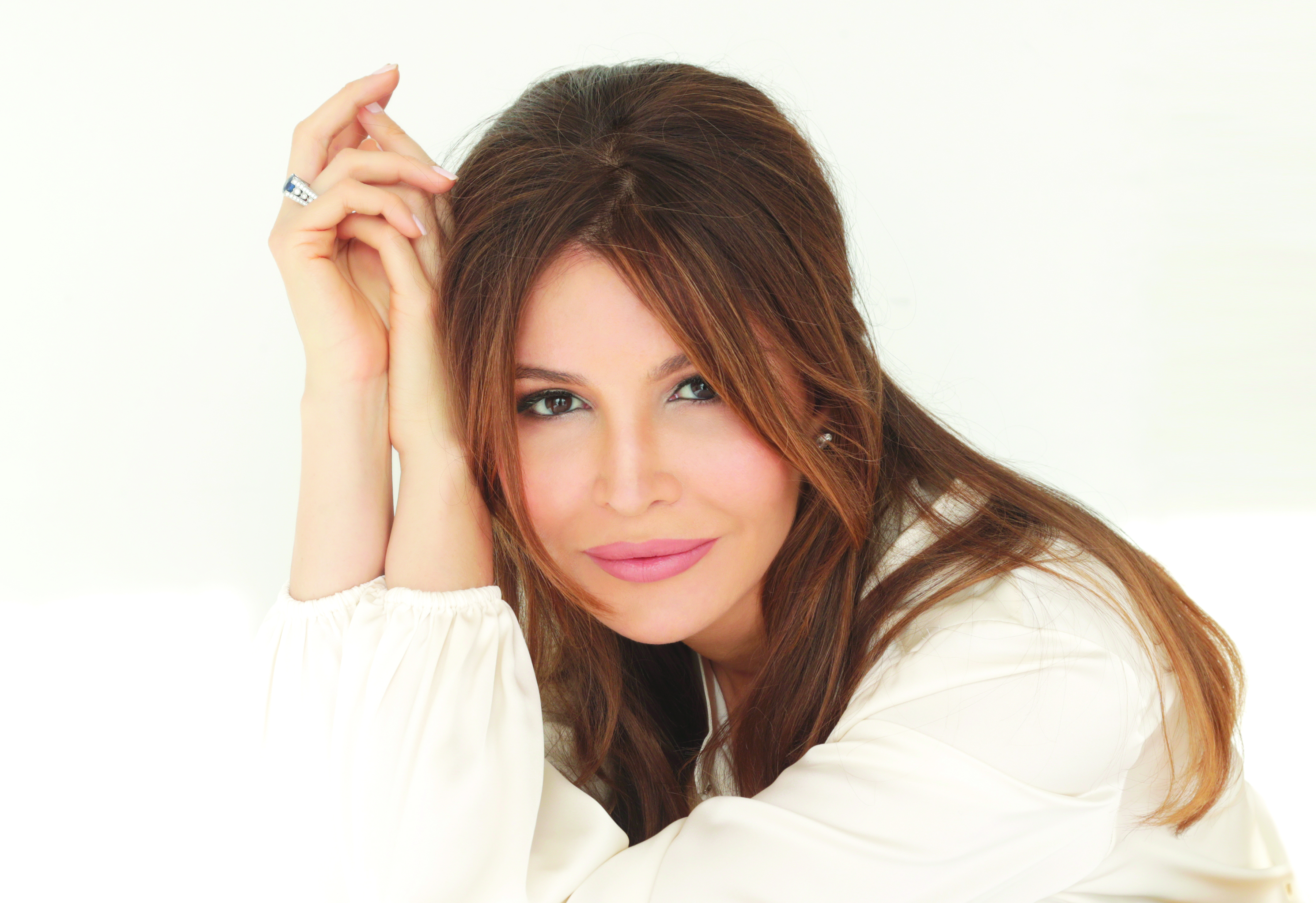Today the world finds itself in an unprecedented situation. The anxiety, depression and psychosis triggeredby the constant stream of negative news around COVID-19 are now as detrimental to our health than the corona virus itself. And they are spreading faster than the virus, too, burrowing through our lives until it seems we will never be able to break out of the web of distress we feel trapped in. Desperate for information on this deadly virus, we have become hooked on the information feed, waiting for news every day with the same anticipation that we wait for a new series on Netflix. Even though consuming this information leaves a restless sense of disappointment, we still cannot seem to help ourselves from following this path carved out for us by our preprogramed state of mind.
As a result of all this angst, our immunity gets compromised. Our energy levels slump and we find ourselves reaching evermore compulsively for that comforting but unhealthy sugary snack or processed food. This is a familiar pattern, a chain reaction when we find ourselves feeling powerless and frustrated in a situation seemingly beyond their control.
In fact, it is our own state of mind that dictates this chain of reactions. It is our own mindset that governs our everyday actions. There is no other solution: if we want to experience a healthy, harmonious life we must master our own mind and steer these reactions in the way we want them to go. Just like any other part of our body, our mind loves to be trained. You may think your body doesn’t like exercising, but that’s just your mind telling you you’d be far comfier sitting on the sofa nibbling while you watch TV rather than wearing yourself out in the gym. We know how our bodies benefit from physical activity through our own experience when that great buzz of strength and positivity after a run or a yoga session streams throughout our bodies. Our mind is no different —it benefits from exercise, too.
Often the relationship between our mind and body is far from harmonious. It is not surprising that in this discord we can lose a sense of who we really are. The truth is we are neither our mind or our body, neither our thoughts or emotions. We are consciousness which primes all else. Our mental, physical and emotional lives are subject to our consciousness. Our mind and body are vehicles through which our consciousness can experience all aspects of life.
To shake off a negative chain of reactions we must go to the root of the problem. The healing process starts from the moment you realize what you really are and that you function by naturally engaging with your body, mind and emotions.
We often identify with our body, thoughts and emotions, but they are just tools to interpret our everyday experiences. Thus, it is imperative to be aware of the space between us and our tools. Yes, they are most precious and indispensable, but they are not you, they are a means to experience you. Your body, your thoughts and your emotions are always just that: “yours” not “you.”
If we want to break the cycle of fear and negative reactions triggered by the current situation, then instead of blaming the news and social media we instead need to be aware of the process from which these emotions are created. We must be aware to put emotions in their place and recognize that we are never at their mercy.
Emotions are not hard-wired into our brain. What we feel and how we react to a situation is determined by our interpretations based on previous experiences and current surrounding contexts. There is no such thing as an emotional circuit wired into our brain from birth.
According to Lisa Feldman Barrett neuroscientist, Professor of Psychology at Northeastern University, “Our emotions are guesses. They are not built up into your brain with your birth. They are just built.”
We are constantly bombarded by a barrage of sensations as information floods in through our sensors. Like a powerful computer, our brain processes quickly and efficiently. It helps us make sense of the world so we can predict danger and act appropriately. In a way, our brain is always guessing about the future, trying to predict possible outcomes by using the data from our five senses and our previous experiences. It links our physical sensations with our contexts and interprets that linkage as positive or negative. We could say that the brain is constantly constructing our future by predicting possible outcomes of the sum of our sensations and contexts.
In fact, your feelings are the summaries of the sensations in your body. They are like a measuring device, but it is you who labels them as particular emotions. You are fully responsible for framing your sensations as your emotions and storing them as your memories.
For example, depending on the context, a sensation in your stomach could be interpreted as hunger or as fear, as excitement or as anxiety. It is the same sensation, but the emotions are different. “Anxiety” and “excitement” are just emotional tags you give to a specific physical sensation, and that interpretation, that label, and the context, then determines how you react.
It is important to take a step back and observe this process. The interpretations are stored in our minds as memories, contributing to the mass of information the brain has access to when plotting an emotional response or course of action. So, it is important to pay attention not just to the way you interpret your sensations but also to the way you remember them. Your body does not see the difference between an imaginary situation or a real memory, it just responds to every thought you have.
Our brains construct our future experience based on our previous experience. In fact, people often reinforce a traumatic experience by repeatedly reliving past emotions as a reaction to their memories rather than in response to what is in fact taking place in the present. This all means that the way we narrativize our sensations determines how we feel or act.
Maybe you always think you are unlucky that nothing good ever happens to you, or maybe you always look on the bright side. Again, the way you interpret your previous experience influences the narrative of your present.
Every time we interpret a sensation, we are informed by a storyline underpinning our experience; “I’m going to die…” or “My life is such a mess…” There is always a personal story behind each negative response, based either on our own earlier experience or on our perception of the future. In fact, most of these future narratives are not true, it is just our mind trying to project possible outcomes to prepare for worst-case scenarios. And when emotional responses become so entrenched, we can begin to think that we will never be able to break the cycle. But with certain training we can learn how to rewrite our memories and heal our relations with our past.
Here’s how. When we find ourselves in a situation that prompts us to label a certain sensation as negative, we can pause for a moment, try to sink into the sensation, and remember that no emotions are built into it. Stay with the sensation, do not rush to label it as anxiety or disappointment. Wait to see if it could possibly be excitement over a new opportunity coming your way.
We can choose how to react. We are in the driver’s seat and can steer our emotional reactions. So, when you find yourself swamped by depressing thoughts, or are anxious about what the future holds or even about what tomorrow might bring, remember you have the power to reprogram your thoughts and emotions right now.
There is no need to reject your sensations. Simply take a moment to be with them and your inner kindness. It is important to start by focusing your attention on yourself. Bring your attention to the “middle line” in your body and let your body recognize the sensations without repudiating, exaggerating, or clinging to them. Whenever you tell yourself that you are nervous or anxious you are in fact clinging to your experience, reinforcing it by narrativizing it in that certain way. Avoid words like “I’m anxious” and “I’m nervous,” but instead recognize your sensations as feeling uncomfortable. Think about them more as momentary, as you breathe in and breathe out letting the uncomfortableness go. Avoid an identification with it by keeping a space between you and the sensation. Observe it. Look at it as if you are wearing uncomfortable shoes for a special occasion, waiting for the moment when you will be able to take them off and be free and relaxed again. Just breathe…
The first time you try this you might not manage to change your narrative immediately with an absolutely positive outcome, but practice is how you train your mind to do this from day to day to eventually be in charge of every moment of your life. No doubt that with practice you can master your ability to redirect your emotions by changing the way you interpret your sensations. You will then be able to move from a negative mindset to a positive and healthy one. Remember that there is no us in the past or in the future. We exist only in the present moment, and the moment we experience now is colored by our consciousness.
Follow us here and subscribe here for all the latest news on how you can keep Thriving.
Stay up to date or catch-up on all our podcasts with Arianna Huffington here.


